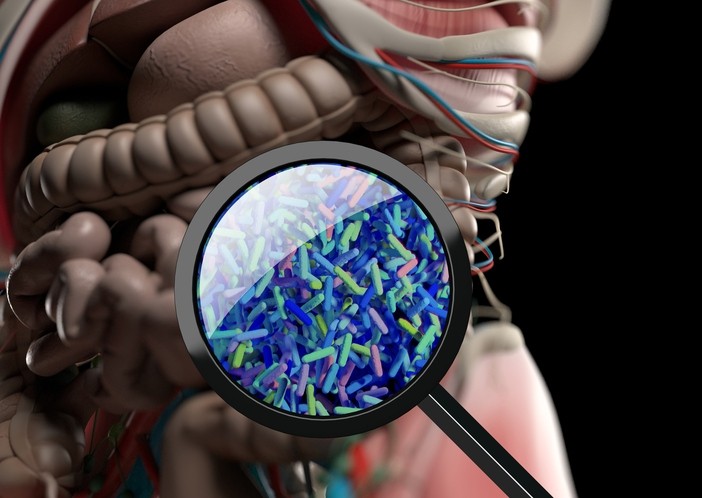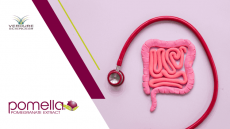Research: Protein to fiber ratio impacts microbial enrichment more than absolute fiber intake

Published in the European Journal of Nutrition, the study explored the impact of the diet and the protein to fiber ratio in driving differences in gut microbiome in healthy people from an Italian and a Dutch cohort.
The authors noted numerous studies have investigated the relationship between dietary fiber intake and various health outcomes, showing conflicting conclusions likely due to the fact the effects of a single nutrient on gut microbiome may be enhanced or counteracted by other nutrients.
The newly collected data revealed that the dietary protein to fiber ratio, rather than dietary fiber alone, predicted the gut microbial gene richness with each unit decrease in the protein to fiber ratio corresponded to 3% increase in gene richness.
“Clarifying the factors of the diet and microbiome affecting the physiological response in humans is pivotal to define effective personalized nutrition and precision medicine strategies that positively influences health and reduces the disease risk,” the study noted.
Dietary fiber and the gut
This study involved two cohorts of subjects, one from Italy and one from The Netherlands, who participated in two studies that were conducted at the same time, exploring the physiological mechanisms underpinning cow’s milk digestion.
The Italian cohort included 19 males and 20 females while the Dutch cohort included 30 females. Participants’ diets were recorded through Food Frequency Questionnaires (110 item for the Italian cohort and 183 item for Dutch cohort). Their gut microbiomes were analyzed by shotgun metagenomics of fecal samples.
Analysis of the data from both cohorts indicated the male Italian group consumed a diet with the highest protein to fiber ratio and the most animal proteins and, in comparison to the other groups, they harbored a higher level of Bacteroides spp., Blautia, Klebsiella genus and Ruminococcus gnavus—bacteria previously associated with animal protein intake, saturated fat and low consumption of plant proteins.
The hypothesis of a more protein fermenting microbial profile in the male Italian cohort was further strengthened by the finding of a higher ratio of Firmicutes, associated with a high intake of animal product, in relation to Bacteroidetes, which are known for harvesting energy from starch and fiber breakdown.
Dutch females had the lowest dietary protein to fiber ratio and had the highest proportion of short-chain fatty acid-producing and fiber-degrading microorganisms such as Bacteroides thetaiotaomicron, Bacteroides xylanisolvens, Roseburia sp. CAG 182, Coprococcus eutactus and Parabacteroides. This cohort also harbored a higher proportion of genes coding for carbohydrate-active enzymes (CAZymes).
The researchers concluded that the dietary protein to fiber ratio had a distinct impact on the gut microbiome signature that was not attributable to the dietary fiber alone.
They noted that a plant-based diet was linked with a shift in fiber to protein ratio with higher fiber content, resulting in a microbiome with a more beneficial fiber fermenting profile.
To build on this research, the team suggests intervention studies designed to reduce or increase the dietary protein to fiber ratio are needed to demonstrate to what extent the two approaches may affect gut microbiome composition and health outcomes.
Source: European Journal of Nutrition
doi: 10.1007/s00394-023-03308-4
“Relationships between diet and gut microbiome in an Italian and Dutch cohort: does the dietary protein to fibre ratio play a role?”
Authors: Silvia Tagliamonte et al.












